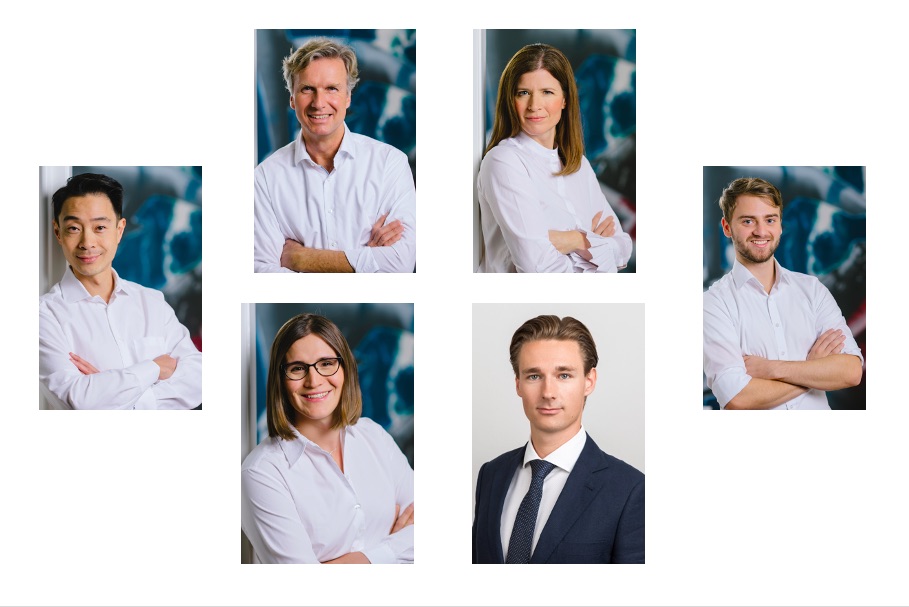Datarella is an established provider of Industrial Blockchain Solutions and develops Blockchain-based innovations for and with their clients and partners with a strong emphasis on the supply chain and ICT sector. The company’s clients come from a variety of sectors: aid, insurance, automotive, manufacturing, finance, media, and politics. Key customers include the United Nations/WFP/UNW, UK Department for International Development (“DFID”), Siemens and BMW.
As part of their journey on BlockStart’s Acceleration Programme, as a DLT/blockchain startup provider, they were looking for new opportunities for collaboration with end-user SMEs that could validate and help them improve their “Track & Trust” blockchain solution.
We spoke with Team members Rebecca Johnson and Martin Schäffner, Blockchain Architects, to know more about Datarella and their participation in BlockStart.
In one paragraph, what is Datarella?
Datarella is an enterprise blockchain solution provider.
Can you tell us how the idea for your startup began?
Founded in 2013, Datarella offered data-analysis services until the rise of blockchain technology resulted in switching the business model solely on blockchain technology beginning from 2016 until today.
What is Datarella passionate about achieving?
Datarella is passionate about giving companies and organizations access to blockchain technology to improve their businesses or create innovative and disruptive use cases from scratch.
Who are the team members and what backgrounds do you have?
The company was founded by four seasoned entrepreneurs and former C-level executives with a proven track record. In addition to the founders, experienced blockchain architects and blockchain consultants together with qualified blockchain developers complete the team of Datarella.
Can you tell us about the prototype you have developed with the support of BlockStart Acceleration Programme?
During the BlockStart programme, we improved our blockchain-based supply chain solution “Track and Trust” from an MVP-stage closer to market-readiness. We implemented key components such as mobile signing and multi-tenancy that improve the usability, security and efficiency of “Track and Trust”.
What were you most excited about in taking part of BlockStart Acceleration Programme?
The BlockStart Acceleration Programme offered a great opportunity to work together with other SMEs and get a different point of view on our product “Track and Trust”.
What unique aspects does your company and the prototype you have developed have to offer to the market sectors/type of companies you wish to enter/sell and to the blockchain ecosystem in Europe, as a whole?
“Track and Trust” allows the tracking of goods globally while providing immutability, trust and reliability through the use of a blockchain ledger. While initially developed to support the tracking of humanitarian goods, “Track & Trust” can be adapted relatively quickly to support any company or organization that wants to digitize their supply chain tracking. Based on our experience, supply chains are often not very well documented, and our solution has the potential to increase usability, transparency and the effect it has for the stakeholders and can be adopted to any business.
Is collaboration with SME adopters important for piloting your solution?
In order to guarantee continuous success of “Track and Trust”, collaboration and inputs from other SMEs play a major role in the development and piloting of “Track and Trust”.
Where do you see your company in 5 years?
In 5 years, we want to be publicly known for running a reliable, market-proven and successful blockchain-based supply chain solution that helps making the humanitarian response of disasters easier and more transparent to all stakeholders.
